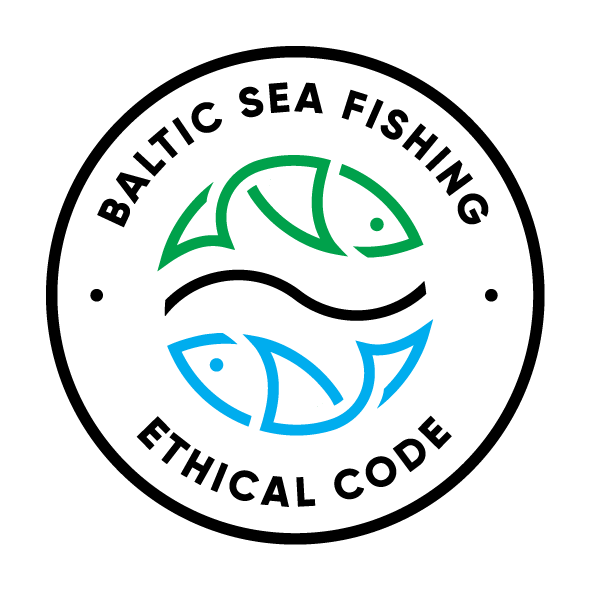BALTIC SEA FISHING ETHICAL CODE
Respect fish, humans and nature.
This ethical code is divided into the principles and values of the fishing tourism businesses and associated partners within the Baltic Sea Fishing cooperation, and the ethical guidelines for ALL fishing performed under this label.
We give back to Baltic Sea fish populations
We depend on natural resources; therefore, we give back using earmarked funds derived from fishing tourism to local coastal fish conservation measures – primarily to strengthen seatrout populations.
We ensure safe fishing experiences
When fishing from boats, we are licenced to take tourists onboard. These requirements depend on national legislation but in many cases, we hold licences with more strict requirements. We make sure to have all the needed insurances, however, as no insurance covers all contingencies, personal accident insurances are required for all customers.
We act as sportfishing ambassadors
We make sure to convey knowledge about sustain-able sportfishing and positive effects of angling; use specific and modern equipment and methodologies intended for fishing respective target fishes; practice good seamanship; and take pride in knowing the environment and how to protect it.
We aim to reduce our environmental impact
We maintain our vehicles and vessels in good condition and take responsibility for our own individual environmental footprint; aim to move to newer, lower emission vehicles and outboards when possible.
We provide high quality services
We make sure to understand the needs and ambitions of our customers and strive to realize them; are aware of our role as fishing guides, when to teach and when to guide; are in the forefront of angling skills and know the best local fishing spots. We use free time to find new productive areas, which will develop us as guides and increase our reputation among our customers.
We aim to improve knowledge about our fish stocks
We participate in scientific surveys in our respective destinations and follow reporting requirements; keep log book over catches, including unusual, spectacular catches and findings of non-indigenous species.



